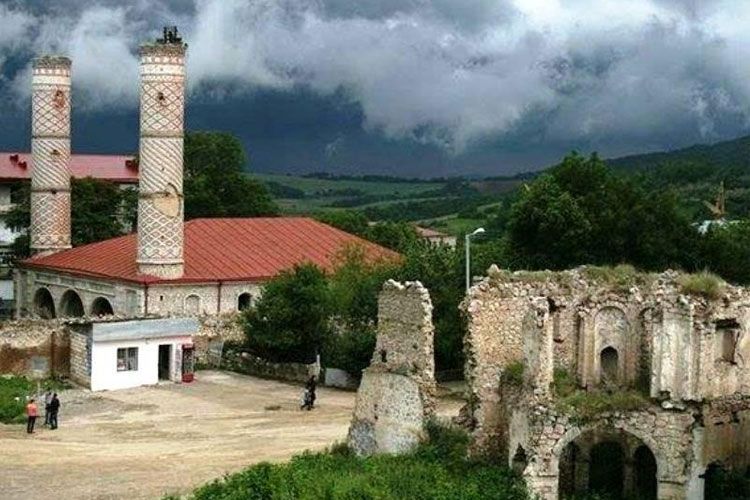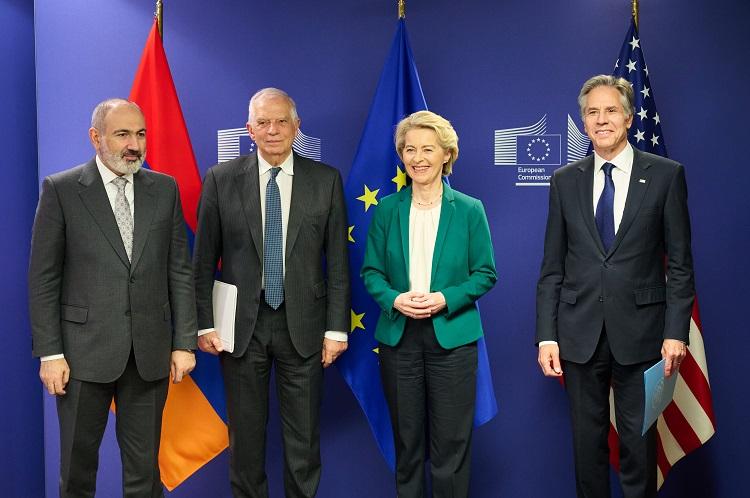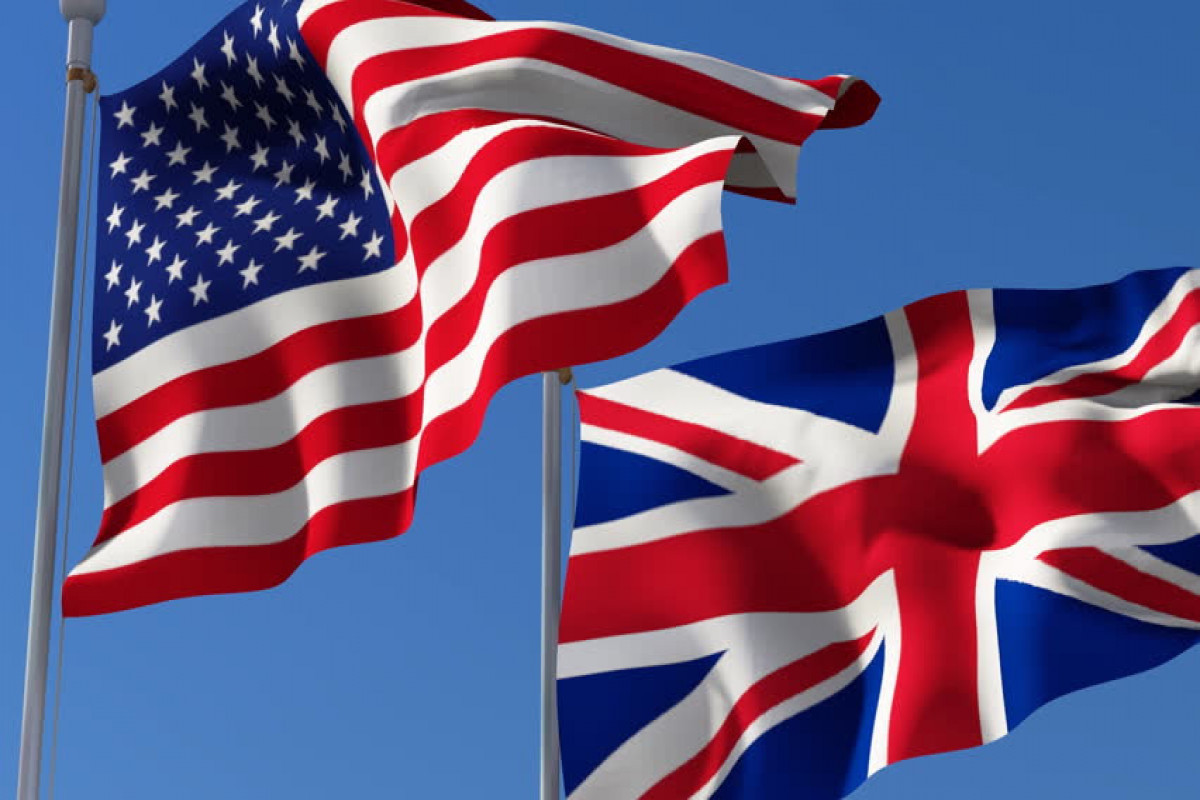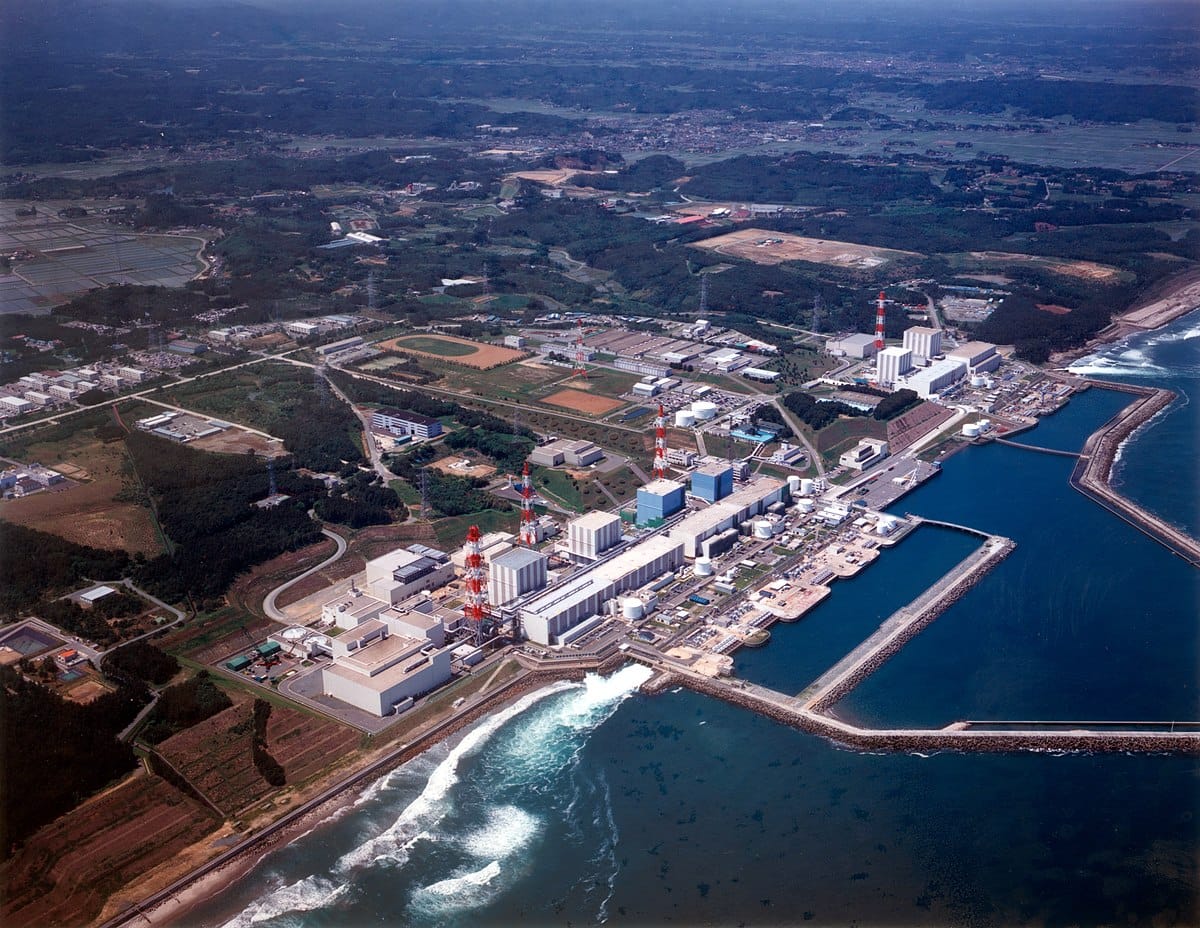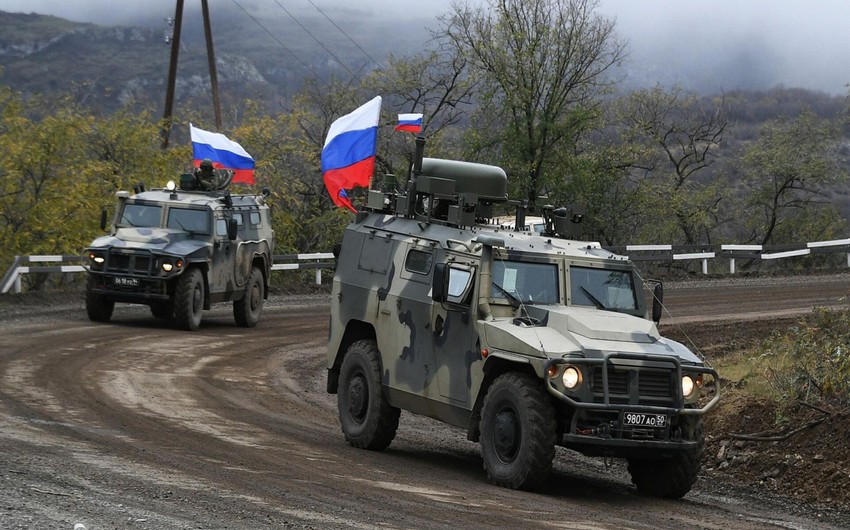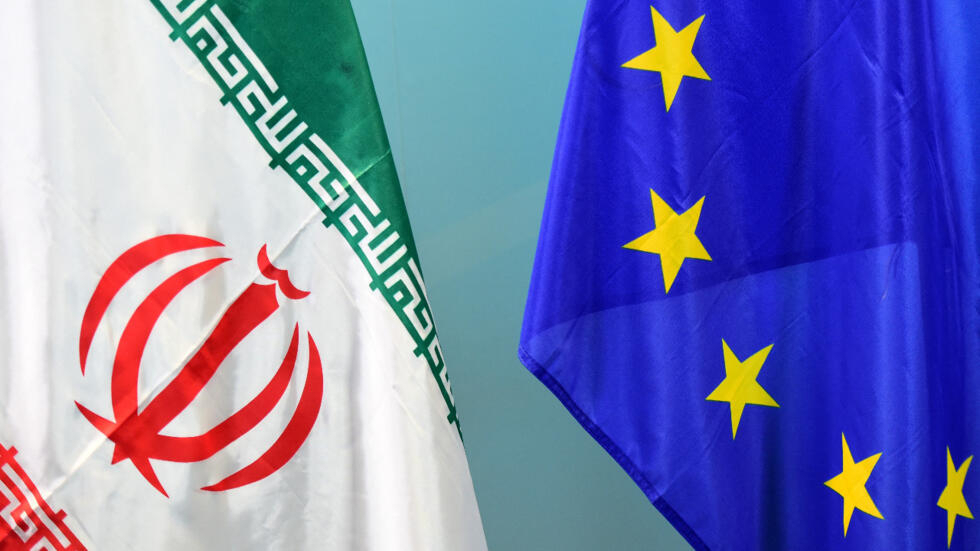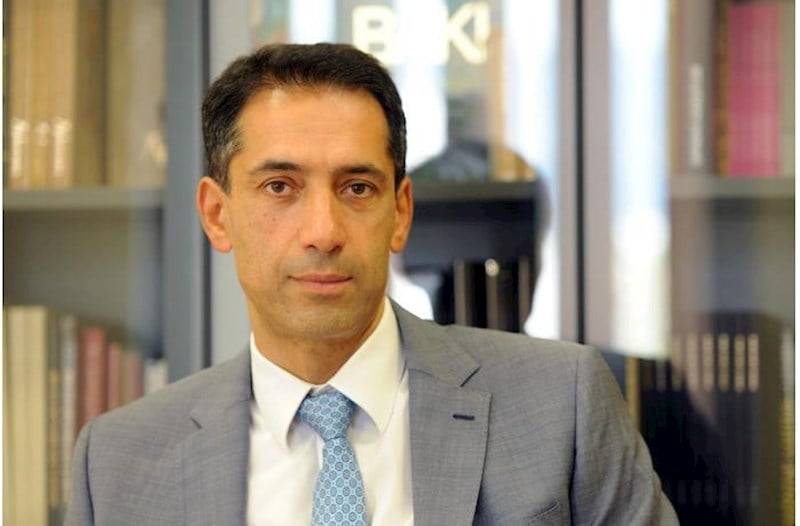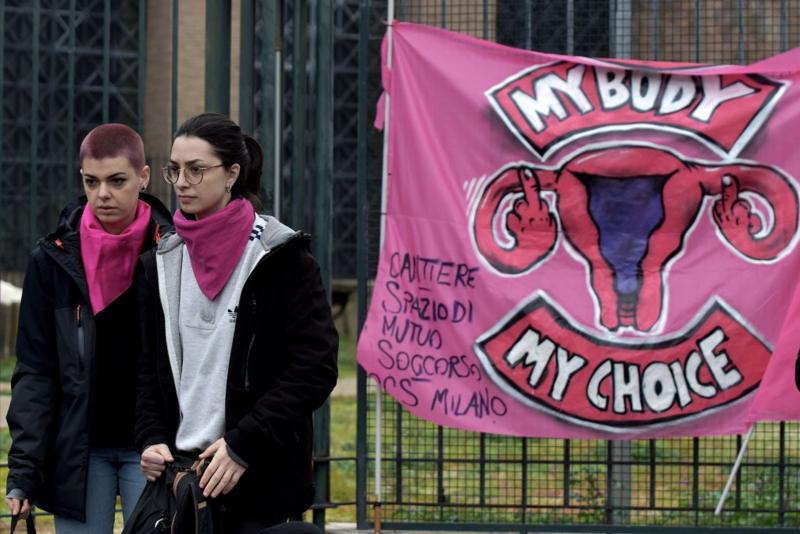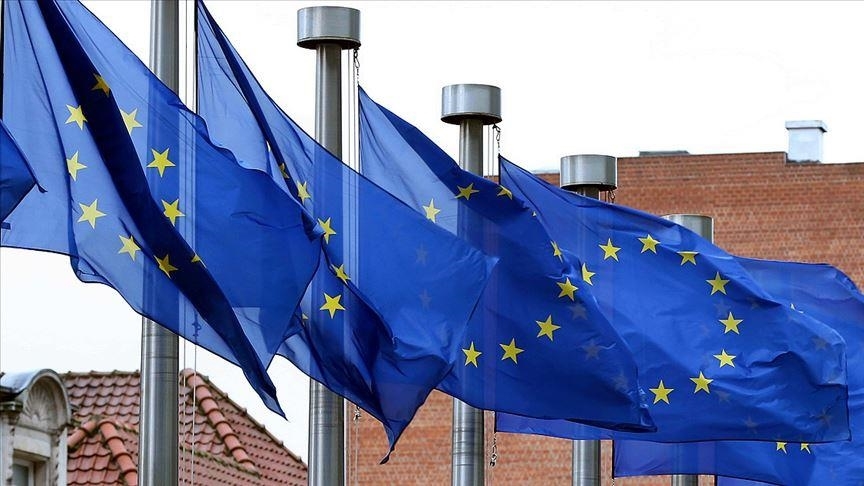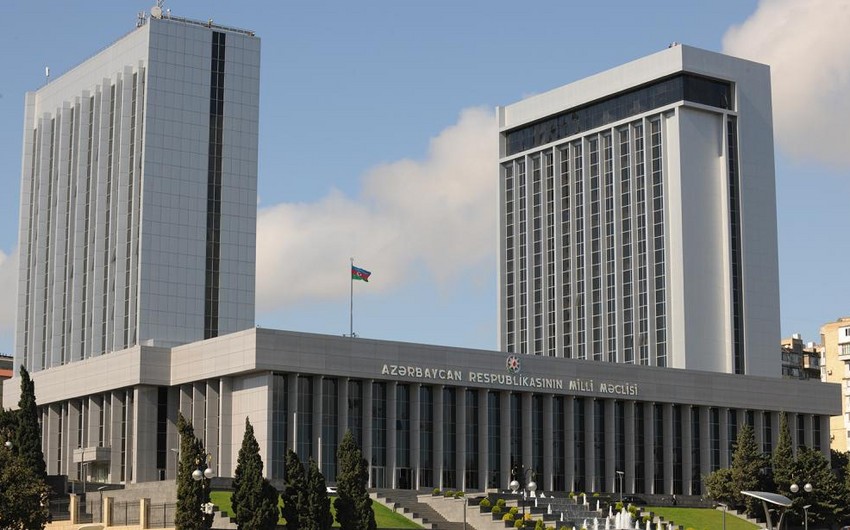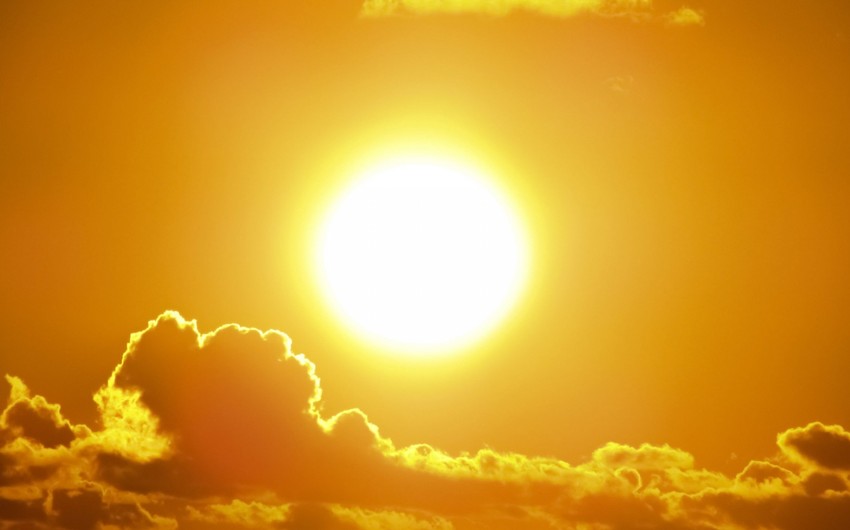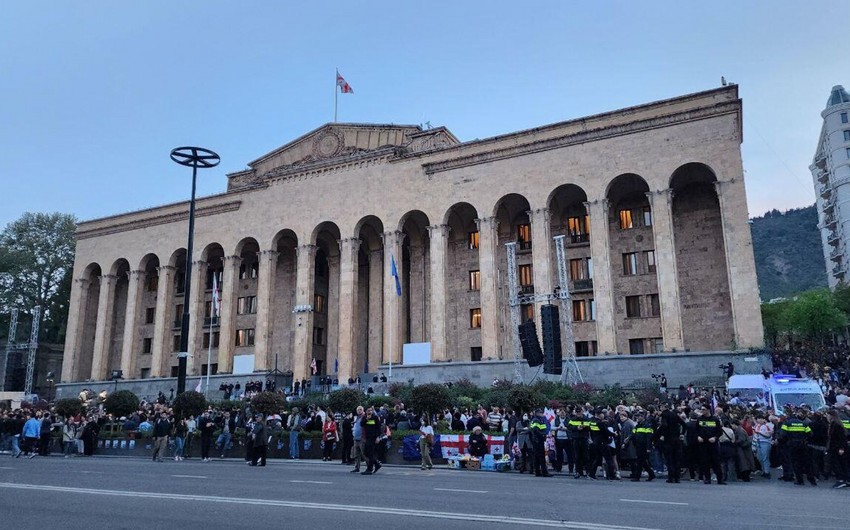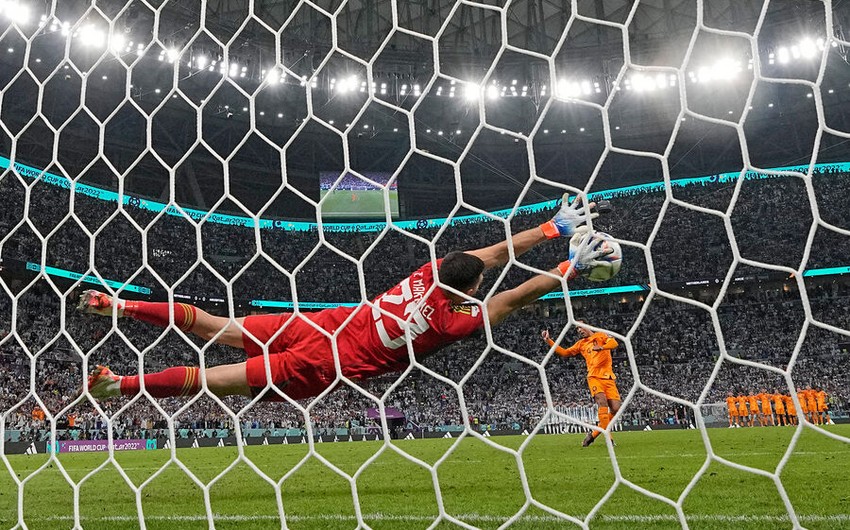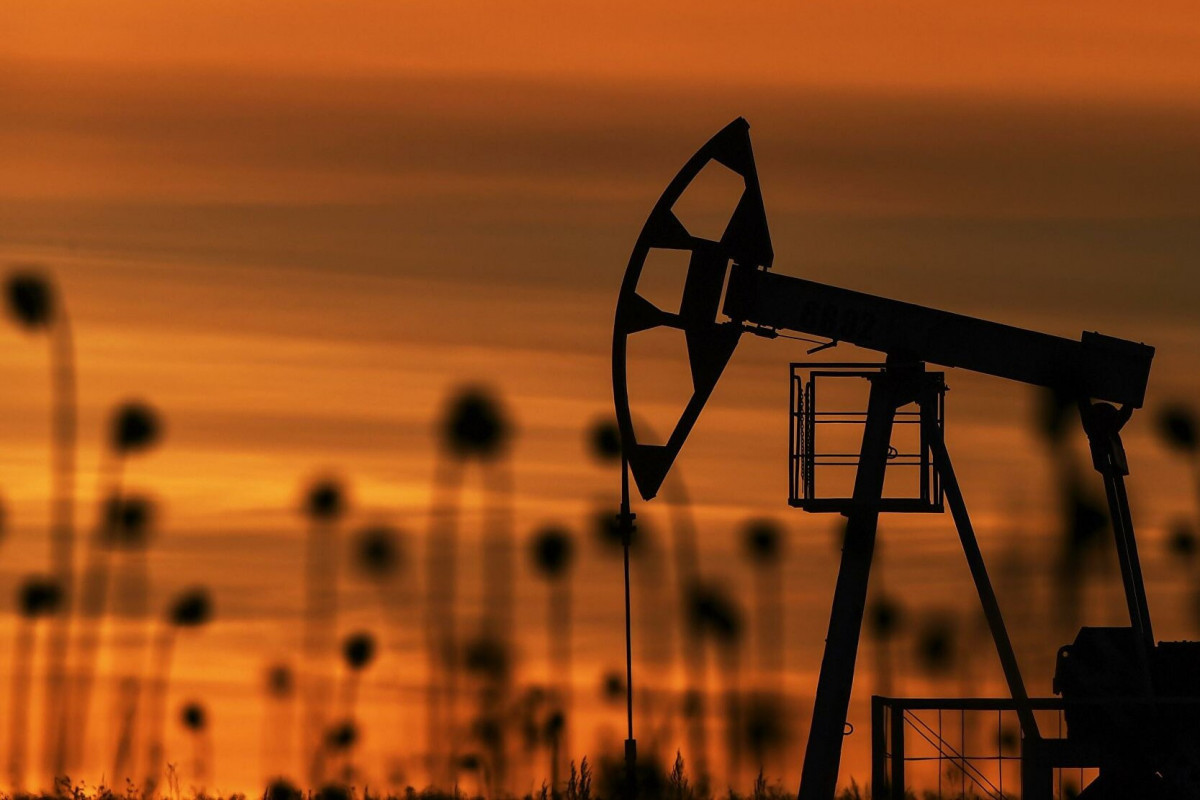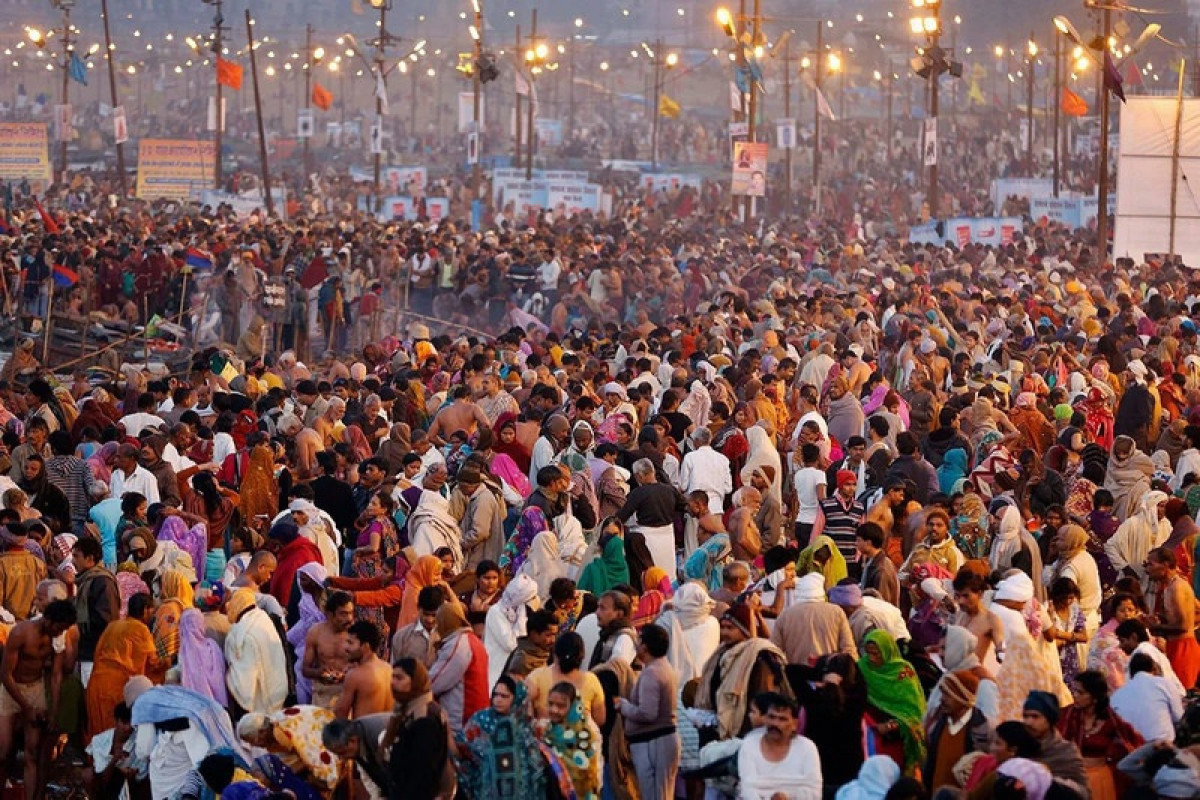Azerbaijan is alone in the struggle to liberate itself from Armenian aggression and Armenia’s illegal occupation of Azerbaijan’s land.
I hold an affinity for Azerbaijan, a country that has been a victim of Armenian aggression, terror and a plethora of lies. Yet the aggressor has been portrayed, by a well-oiled Armenian lobbying machine to be the victim. It is time to defy and refute all the wrongs made against Azerbaijan.
In an evening I spent among Azerbaijani expats and Azerbaijanis visiting the United States we held a discussion about Azerbaijan. Here is my summary of the discussions.
Background
In the early morning of September 27, 2020, Armenia’s armed forces, stationed in the territory they illegally occupy, opened fire on Azerbaijan’s Army positions along the frontline zone between Azerbaijan and occupied Karabakh, using various caliber artillery weapons and mortars and aiming at Azerbaijan’s inland villages and towns along the line of contact.
The intensive Armenian military shelling of Gapanli village, Tartar region, Chiragli and Orta Garvand villages of Aghdam region, Alkhanli and Shukurbayli villages of Fuzuli region and Jojug Marjanli village of Jabrayil region resulted in killing and wounding Azerbaijani civilians and seriously damaging civilian infrastructure.
During the clashes on the border with Armenia, as a result of shelling, seven Azerbaijani soldiers were killed, including Major General Polad Khashimov and Colonel Ilgar Mirzeev.
Azerbaijan had to respond, protecting the safety of its civilian population living near the line of confrontation.
While Azerbaijan restricted its firing only toward the occupied territory, avoiding any firing into Armenia’s sovereign territory, on October 4, 2020, Armenian rockets were fired on Azerbaijan’s second largest city of Ganja, 100 kilometers distance from Nagorno-Karabakh. That provoked Baku to threaten Armenia with retaliation to destroy military targets inside Armenia.
So, why did Armenia open fire in September, during the COVID-19 pandemic above all? Regional observers and experts blame Armenia for its stridency and for its obvious attempt to lure its military ally – Russia – into the conflict.
Why would Armenia do that, the world should ask. The reason is that Armenia’s new leader, Prime Minister Nikol Pashinyan, tripped over himself when he declared, so obstreperously, that Azerbaijan’s Nagorno-Karabakh region that Armenia invaded, conquered, ethnically cleansed and illegally occupied – according to four UNSC resolutions – “is Armenia. Period.”
Pashinyan’s abhorrent statement didn’t sit well with Azerbaijan. But even worse than that, Armenia’s ongoing artillery shelling from occupied Nagorno-Karabakh, also became intolerable.
This flare-up got the worldwide press to concede to what they, historically, haven’t yet done: I.e., though [illegally] occupied by Armenia, Nagorno-Karabakh is Azerbaijan’s sovereign territory recognized as such by every government in the world, every country and the United Nations Security Council itself.
This conflict that began in the early 1990s’ came to a halt with a 1994 negotiated ceasefire. A major escalation, in which Azerbaijan regained some of its land took place in 2016.
While Azerbaijan has made significant progress, since 1992 not much has changed on the Armenia side. While Armenia is economically broke, Armenians are still shooting at Azerbaijani civilians from Russian-made and supplied cannons, just as they did in 1992, killing and wounding Azerbaijani civilians, including the elderly, women and children.
While the conflict has been intensifying and Azerbaijan has been regaining significant areas of its own land, the Armenian National Committee of America (ANCA) sponsored Armenian-Americans rallies and demonstrations, some have gone violent, soft-pedaling Armenian terrorism, and lying about Azerbaijan and the historical facts about the conflict.

Leaking Wounds
Despite the many challenges, Azerbaijan, a South Caucasian state, has been progressing to become a regional power and have a say at the international community’s table.
No one, however, speaks loudly about how the 30 year-old-conflict affected the Azerbaijani population. Since the 1994 ceasefire, the Azerbaijani people have suffered from psychological post traumatic war disorder caused by a deep sense of injustice of losing 20% of their territory, resulting in one million Azerbaijanis displaced in their own homeland; also, living with fear, caused by the ongoing uncertainty and tension along their country’s border with Armenia.
The impact of losing sovereign territory was half of Azerbaijan’s national shock; the other half was completed by the massacre that took place in the Azerbaijani town of Khojaly.
The massacre, the largest in the course of the Nagorno-Karabakh conflict, in which 613 civilians, including 106 women and 63 children were murdered, was committed by the Armenian armed forces backed by the Russian affiliated 366th CIS (Commonwealth of Independent States) regiment.

Apart from the loss of the Nagorno-Karabakh district, the Armenian invaders who look down at the Azerbaijanis, took advantage of the power struggle in Baku and conquered seven districts around the Nagorno-Karabakh district in which only Azerbaijanis lived. Consequently, 800 thousand Ethnic Azerbaijanis were forced out of these districts and an additional 200 thousand Azerbaijanis were forced out of Armenia before the war began, all ending up being internally displaced (ID) in inland Azerbaijan. This phenomenon caused the country economic hardship as a whole, and triggered anger and sorrow among the population and much despair among the ID People.
Azerbaijanis look at their land from a distance, mishandled by illegal occupiers, with yearning and much disappointment and disgust. During the years of Armenian occupation of Azerbaijan’s land, much of the Azeri musical culture that has become most popular, strongly reflects the national pain, embedded deeply in the Azerbaijani people and touching the pain and yearning cord.
Miri Yusif feat. Alim Gasimov, “Natig” rhythm group – Either Karabakh or Death
For 30 years the Armenians did not put one dollar into developing the land they illegally occupy. However, they robbed it and left it in ruins, typically populated by military installations and personnel, stationed mostly in Karabakh and along the line of contact.
Armenia renamed Nagorno-Karabakh and the seven additional occupied districts Artsakh, what Armenia considers to be ‘greater Armenia.’ This angered and insulted the Azerbaijanis. The ongoing political unrest in Lebanon and the war in Syria, where many ethnic Armenians live, inspired many of them to seek new residential pastures. Armenia offered them land in the illegally occupied greater Artsakh. Azerbaijanis see this as provocation and triggered irritation and insult to its national pride.
Living in Dread
Since Armenia’s invasion and occupation of 20% of Azerbaijan’s sovereign land the two countries have not arrived at peace agreement. “Infinite feet on the ground” is Armenia’s policy in the territory it illegally occupies.
From April to May 2018 Armenia went through the Velvet Revolution, led by Nikol Pashinyan, a member of the Armenian parliament and staged by various political and civil groups, during which the country had experienced a series of anti-government protests, based on anti-Russian slogan and economy.
When the unrest ended, Russia remained and still is Armenia’s security guarantor.
With Pashinyan at the helm, according to his promises, Azerbaijan has expected Armenia to become more democratic and moving from the status quo toward achieving a genuine peace treaty. Instead, Armenia became more provocative. When Pashinyan officially announced Artsakh as part of greater Armenia, what translates to undermining Azerbaijan and the OSCE Minsk Group’s – created in 1992 by the Conference on Security and Cooperation in Europe to encourage a peaceful, negotiated resolution to the conflict between Azerbaijan and Armenia over Nagorno-Karabakh – work it became obvious that no peace would be established any time soon or in the future.
To provoke Baku further, in September 2019, Arayik Aratyunyan, the de facto Karabakh president, announced that in May 9, 2022, the thirtieth anniversary of the capture by Armenian forces of the Azerbaijan town of Shusha, the parliament, now residing in Stepanakert, the current capital of Karabakh – as it was during Soviet times – will be moving to Shusha, a pearl of Azerbaijani culture and illustrious history.
The war consequently brought about the formation of the Armenia-backed Nagorno-Karabakh Republic, today is called Artsakh that remains unrecognized by any country. Baku considers Aratyunyan’s announcement one other let down and injustice.
Armenia also alluded to include Nakhchivan – the capital of the eponymous Nakhchivan Autonomous Republic of Azerbaijan, located 450 km west of Baku – as its territory. It is worth noting that while Nakhchivan’s Armenian population has been constantly decreasing, its Azeri population, has been substantially increasing.
As the fighting continued, on October 6, 2020, Armenia fired rockets that landed close to the almost completed part of the Baku-Tbilisi-Ceyhan oil pipeline, an important component of Europe’s energy security, passing through the Yevlakh region, located some 300 kilometer distance from Karabakh.

Azerbaijan-evidence Armenia’s disrespecting Azerbaijan’s houses of worship – Photo credit Durdane Agayeva via Nurit Greenger.
The Lies
Adding to the loss of people and land, Azerbaijan became a target of lies and disinformation well-oiled by the strong lobbies Armenians expats founded in many parts of the world.
Armenia’s policy in the illegally occupied territory has been to remove traces belonging to Azerbaijan present, disrespecting Azerbaijan relics of significance and houses of worship – I.e. keeping pigs in deserted mosques – and erasing all of Azerbaijani history in the region. For Azerbaijan, Armenia’s unnoticed Azerbaijani’s cultural cleansing in the Caucasus is a colossal loss. In Armenians’ mind such actions that also include renaming streets and cities help legitimize the results and consequences of the occupation.
One of the most prevalent disinformation is the view, widely held in Armenia that Soviet Russian leaders “gave away” Armenian territories to Turkey and Azerbaijan – specifically Surmalu and Kars to Turkey and Nakhichevan and Karabakh to Azerbaijan. However, this claim is bogus and the word that was used is ‘keep’, not ‘gave away’.
The protocol of the Russian Bolshevik Party’s Caucasian Bureau attests to ‘KEEP Nagorno-Karabagh in Azerbaijan’.

One needs to keep in mind that “big guys decide everything” is Armenian society dominant mood, representing a distortion of how things really work. “Big guys” do in fact make important decisions, but others [“little guys”] can and do influence these decisions in important ways. Armenian history’s dominant discourse has been about victimization and a habit to look at events through that lens. That approach shifts responsibility on to “others,” arguing that somebody else did this or that, in this op-ed case matter, pointing at Azerbaijan, the “other.” In the long-term, this approach is damaging to the ability to assess current challenges.
Assuming that the protocol of the Russian Bolshevik Party’s Caucasian Bureau decisions on territorial issues, taken in 1920-21, were decided because of the facts on the ground, rather than through greater powers’ intention to victimize Armenia, then this has strong implications on how the present-day conflict is handled.
Relating to the current ongoing conflict, neighboring Turkey has declared support for Azerbaijan’s position. Armenia has been spreading lies about this support that includes “Turkish F-16 fighters secretly deployed to Azerbaijan.” Satellite images show that the plane are simply stationery and do not fly. However, Turkey made it clear to the world that if a 3rd party gets involved in this conflict, Turkey will come to fight on the side of Azerbaijan.
Punishing the Victim, Rewarding the Aggressor
The international community has not shown much support for Azerbaijan. Due to the large Armenian expats population living in Europe, mostly in France, the European countries are siding with the aggressor, Armenia, a great letdown for Azerbaijan.
Section 907 of the United States Freedom Support Act -“Section 907 of the Freedom Support Act (Public Law 102-511) Washington DC, 24 October 1992 – strongly lobbied for by the Armenian community in the US, represented by the Armenian National Committee of America (ANCA), bans any kind of direct United States aid to the government of Azerbaijan. This ban made Azerbaijan the only post-Soviet state not to receive direct aid from the United States government to facilitate economic and political stability.
On October 24, 2001, US Senate adopted an amendment to the Act that would provide the President with the ability to waiver Section 907 what President Bush has been done since then.
ANCA’s activities clearly indicate that they would like to see Section 907 reactivated.
During Bill Clinton’s presidency, US Military planes fueled in Azerbaijan and used Azerbaijan’s air space on their way to war torn Afghanistan.
This Brings Us Back to the Region’s History and Azerbaijan
Being a bridge between East and West the region’s history, in general, and Azerbaijan in particular, covers the Republic of Azerbaijan, as well as the regions that are historically, ethnically and geographically considered Azerbaijani.
During Median and Persian rule, many Caucasian Albanians, now Azerbaijanis, adopted Zoroastrianism and then switched to Christianity prior to becoming Muslims. The Turkic tribes are believed to have arrived to the Caucasus as small bands of ghazis warriors whose conquests led to the Turkification of the population and many native Caucasian and Iranian tribes adopted the Oghuz’s Turkic language and converted to Islam over a period of several hundred years.
On the Silk Road – the ancient network of trade routes that connected the East and West – Azerbaijan was an important hub through which many nationals passed. From the time of Alexander the Great, the king of the ancient Greek kingdom of Macedon, throughout history, I.e. the Arab invasion or the Soviets’ take over, Azerbaijanis remained loyal to their ethnicity’s origin.
After the Russian Revolution, during the brief independence of Armenia and Azerbaijan, a series of conflicts in 1918, then from 1920 to 1922, and afterwards took place and were called Armenian-Azerbaijani War.
The Ottoman Empire and British Empire were involved in different capacities in the region. Regional conflicts, involved civilians in the disputed districts of Kazakh-Shamshadin, Zanghezur, Nakhchivan and Karabakh. Guerrilla and semi-guerrilla operations causing high civilian casualties, occurred during the nation-building activities of the newly established states.
One could ask, does Azerbaijan resemble Atropia, the name of a fictional oil-rich country at war with its neighbor, with US and UN joint coalition forces in place to monitor a cease-fire agreement? It is worth noting that during the year 2016, the U.S. army conducted training simulation its center was the town of Brentville, with a clothing shop, a market, a courthouse, and a mosque, and in which they invented five fictional states – Ariana, Atropia, Donovia, Gorgas and Limaria, clustered in a fictional Caucasian landscape that stretches between the real-world borders of Russia and Iran – to help troops train for a range of conflicts.
One needs to ask how Armenia, a country that is very much struggling economically, pays for such expensive, ongoing war machine. The answer lies with Russia that supplies the arms to Armenia at no cost while Azerbaijan purchases its wartime needs with a cashier check.

A protest sign, held by Azerbaijani in a rally supporting Azerbaijan that says it all – photo credit Azerbaijani protester
One needs to ask how much justice is applied to the one million internally displaced Azerbaijanis refugees camping inland Azerbaijan, who cannot return to their ancestral land, even as much as to visit the graves and give respect to the memory of their deceased family members’ grave.
Nowadays, there are more Armenians living outside Armenia and the country’s population keeps on dwindling. There is no future in what could be seen as a failed state. There are approximately 30,000 Armenians living in Azerbaijan, mostly of mixed of couples. Though they have a much better life and future in Azerbaijan by comparison if they have lived in sovereign Armenia, if interviewed could we expect of them to show some pro-Armenia slant due to possible intimidation from their former country?
Respectfully, I am of the opinion that Armenians living outside their country are much better off and definitely, life in Armenia will ameliorate if their country’s leadership deliver fair-game peace.
by Nurit Greenger - "Article originally published in NewsBlaze

